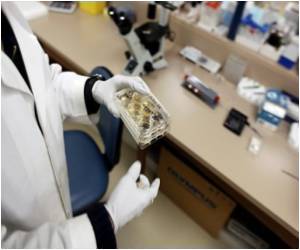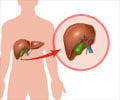A new technique by which a patient may be able to grow their own organs in a lab to replace diseased or damaged parts may help to solve the global organ donor crisis.

The new technique involves the creation of an artificial "scaffold" - which could in future be made from animal organs that have been stripped of their living cells - into which the patients' own stem cells are inserted. The cells then grow to create a fully functioning organ ready for transplant.
"Such an approach has already been used successfully for the repair and reconstruction of complex tissues such as the trachea, oesophagus, and skeletal muscle in animal models and human beings," the Independent quoted Professor Macchiarini as saying.
"Guided by appropriate scientific and ethical oversight, [this] could serve as a platform for the engineering of whole organs and other tissues, and might become a viable and practical future therapeutic approach to meet demand after organ failure," he added.
Writing in The Lancet, Professor Macchiarini, now based at the Karolinska Institute in Stockholm, and colleagues say that the artificial "scaffolds" necessary for the transplants could in future be obtained from animals, removing the need for human donors.
As their living cells would be stripped away, before being repopulated with the patient's own cells, there would be no problem of rejection.
Advertisement
"The pressure to advance this technique, driven by demand, the race for prestige, and the potential for huge profits, mandates an early commitment be made to establish the safety of various strategies... particularly when there are so many potential patients and doctors who are desperate for any remedy that offers hope," he said.
Advertisement









